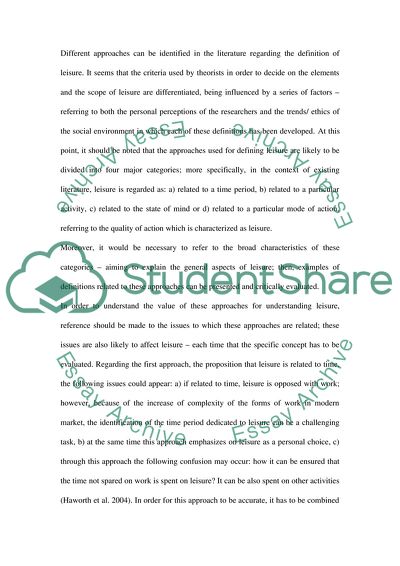Cite this document
(“Tourism, Leisure and Society Essay Example | Topics and Well Written Essays - 1750 words”, n.d.)
Retrieved from https://studentshare.org/social-science/1418792-tourism-leisure-and-society
Retrieved from https://studentshare.org/social-science/1418792-tourism-leisure-and-society
(Tourism, Leisure and Society Essay Example | Topics and Well Written Essays - 1750 Words)
https://studentshare.org/social-science/1418792-tourism-leisure-and-society.
https://studentshare.org/social-science/1418792-tourism-leisure-and-society.
“Tourism, Leisure and Society Essay Example | Topics and Well Written Essays - 1750 Words”, n.d. https://studentshare.org/social-science/1418792-tourism-leisure-and-society.


